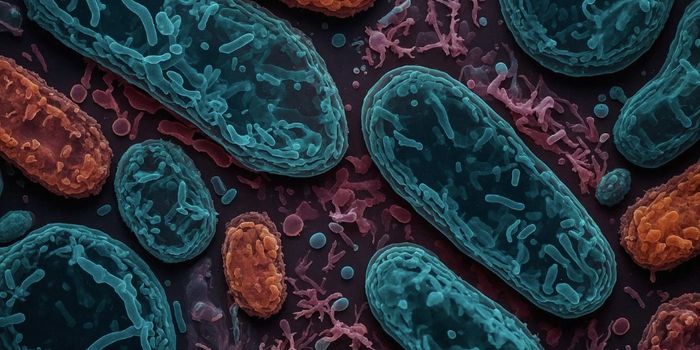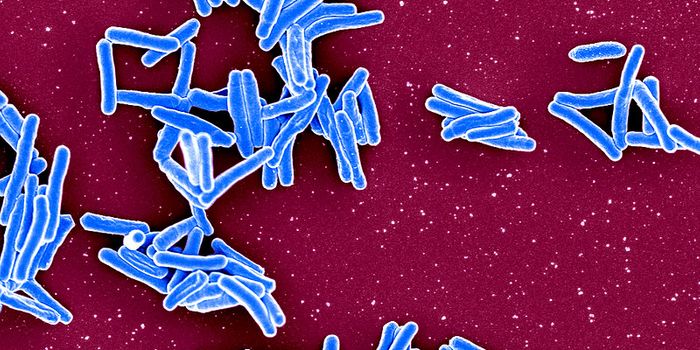Gut Microbes Can Control Pancreatic Growth & Function
The importance of gut microbes in human health has been made apparent by a mountain of evidence in recent years, but the extent to which they can affect physiology is still astonishing. New research has used a mouse model to show that bacteria in the gut can control pancreatic function, and influence hormone production in the gastrointestinal tract. The findings have been reported in the journal Diabetes. Some aspects of this work were confirmed in a small human study, and may lead to a new kind of treatment for obesity and some types of diabetes.
The pancreas secretes a variety of hormones that can have a dramatic effect on metabolism, such as insulin, as well as enzymes that are involved in digestion. In diabetes, pancreatic function is typically impaired.
In this study, a mouse model was put in two groups, one of which was fed a normal diet while the other was fed a high-fat diet. Compared to mice on a normal diet, mice that were fed a diet high in fat became obese and insulin-resistant, which happens in type 2 diabetes. Some of the mice were then given two common antibiotics to reshape their gut microbiomes. The obese mice that also received antibiotics became less insulin-resistant, less diabetic, and more tolerant of glucose compared to the obese mice not given antibiotics.
When mice fed a normal diet, who stayed lean, were also given antibiotics, they became even more responsive to insulin.
“This consistency in our results in both lean and obese mice suggest that the effects on host metabolism are independent from the diet and/or fat mass, but directly related to the altered gut microbiota composition,” said Emrah Altindis, an Assistant Professor of Biology at Boston College.
A high-fat diet also caused the pancreas to increase in size in obese mice. After they were treated with antibiotics, however, the pancreas returned to its normal size. The levels of digestive enzymes produced by the pancreas were also affected by a high-fat diet, and those levels were influenced by antibiotics as well, returning to normal in some cases. These effects were not observed in lean mice, noted Altindis.
In the gastrointestinal tracts of obese mice, gut hormones that regulate metabolism were also returned to normal with an antibiotic treatment.
Additional studies were performed using germ-free mice, which do not carry gut microbes of their own. The researchers transplanted microbes from the guts of mice treated with antibiotics, and saw the same effects, showing that gut microbes are having these effects.
Finally, the researchers examined fecal samples from insulin-resistant, obese men who took an antibiotic called vancomycin for one week. “We showed that one week of vancomycin treatment was sufficient to alter their pancreas enzyme levels, a very similar result to our findings in mice,” said Altindis.
The researchers are continuing this research, and want to learn more about the mechanisms underlying these effects.
Sources: Boston College, Diabetes









